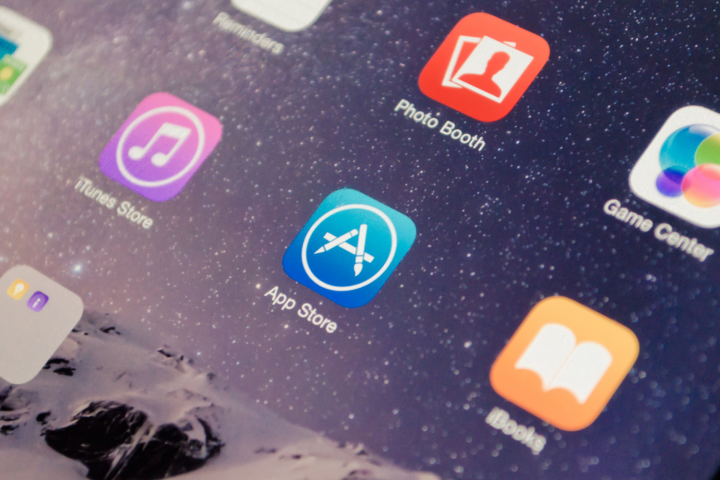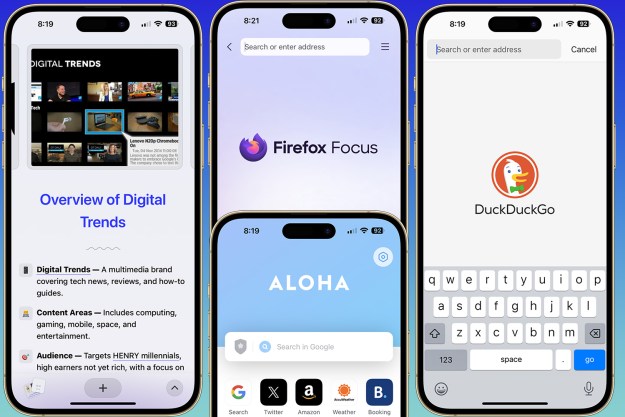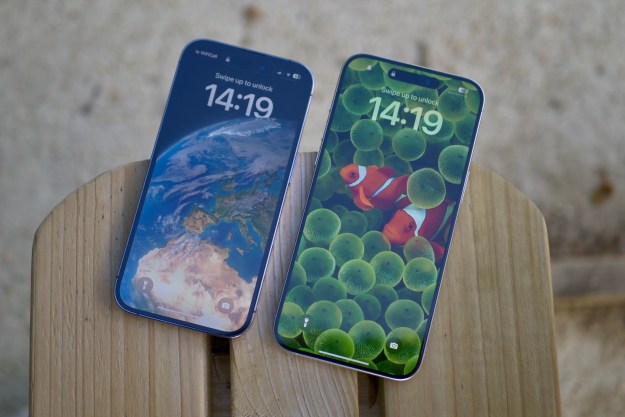
Section 1.1.7 of the new App Store policy dictates that developers “disallow custom review prompts” going forward. In the coming weeks, all apps will be required to implement Apple’s App Store rating API.
“Use the provided API to prompt users to review your app; this functionality allows customers to provide an App Store rating and review without the inconvenience of leaving your app, and we will disallow custom review prompts,” the revised guidelines state.
The new rating API, which Apple introduced during the iOS 10.3 beta period in May, has its benefits — most notably a built-in one-to-five scale that let users quickly rate an app without having to minimize it, open the App Store, and publish a review from there. But it is not perfect — 9to5Mac points out that it imposes strict limits on how often a rating prompt can be displayed. Pop-ups can only appear three times a year, and at least one year after a user leaves a review or a new version of the app has been released.
And the rating API lets users can switch prompts altogether. Apps that use it are affected by the global iTunes notification setting, which can be toggled in Settings, then iTunes & App Store, then In-App Ratings & Reviews.
Those drawbacks may have developers shaking their heads, but Apple addressed a few of the development community’s complaints in iOS 11. Now, developers can respond to user reviews in order to offer follow-up questions or express thanks. (Users can sign up to receive email alerts that arrive if a developer responds to their review.) Beefed-up search tools make finding reviews from users in different countries easier, and new reviews now filter into the iTunes Connect dashboard where developers manage the apps they offer for download on the App Store.
Apple also changed the way reviews work. In the past, releasing an app update would reset an app’s App Store star rating — which was based on reviews for the current version of the app rather than the all-versions aggregate — back to zero. From iOS 11, developers can preserve their star ratings across updates.
Despite Apple’s best efforts, app ratings manipulation continues to dog the App Store. In 2015, images from Chinese social media network Weibo showed an employee sitting in front of a bank of iPhones, installing apps, and rating them positively — reportedly in exchange for fees ranging from $11,200 to $65,000.
Editors' Recommendations
- An Apple insider just revealed how iOS 18’s AI features will work
- There’s a big problem with the iPhone’s Photos app
- Everything you need to know about the massive Apple App Store outage
- I found 16 new widgets for iOS 17 that you have to try
- Your iPhone just got a new iOS update, and you should download it right now


